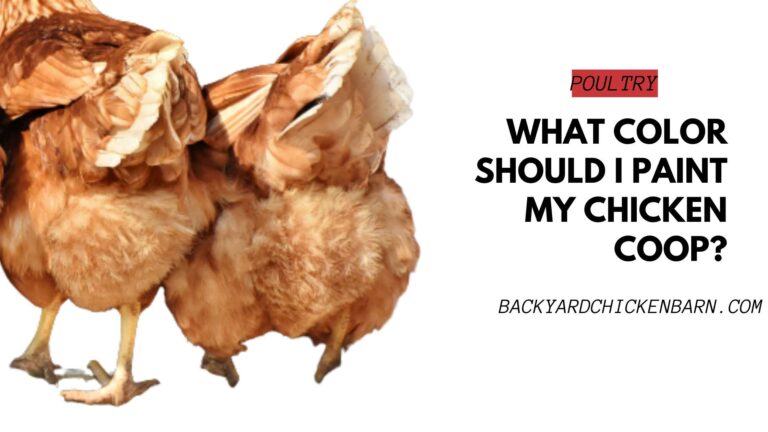Can Chickens Eat Onions?
Chickens can technically eat onions, but it’s not recommended. While onions are not outright toxic to chickens in small amounts, they can pose several health risks, especially if consumed in large quantities. It’s best to err on the side of caution and avoid feeding onions to your flock.
Potential Risks of Onions for Chickens
Onions contain compounds that can be harmful to chickens, especially when consumed in large amounts:
- Thiosulfate: Onions contain thiosulfate, which can cause hemolytic anemia in chickens. This condition leads to the destruction of red blood cells, resulting in symptoms like weakness, lethargy, and pale combs and wattles.
- Gastrointestinal Issues: Onions can cause digestive upset, including diarrhea and stomach discomfort, which can lead to dehydration and further health complications.
- Strong Flavor: The strong taste and smell of onions might deter chickens from eating them, but if they do consume them, the pungent compounds can affect the taste of their eggs.
Symptoms of Onion Toxicity in Chickens
If your chickens accidentally consume onions, watch for the following symptoms of toxicity:
- Weakness or lethargy
- Pale or discolored comb and wattles
- Diarrhea
- Reduced appetite
- Unusual behavior
If you notice any of these symptoms, it’s best to consult a veterinarian immediately.
Safe Alternatives to Onions
There are plenty of other vegetables and treats that are safe and nutritious for chickens. Here are some options:
Safe Vegetables for Chickens
- Carrots: Rich in vitamins and minerals, and can be fed raw or cooked.
- Peas: High in protein and easy for chickens to eat.
- Lettuce: Provides hydration and some vitamins, though it should be given in moderation due to low nutritional value.
- Pumpkin: Packed with vitamins and minerals, and chickens often enjoy the seeds too.
Table: Nutritional Comparison of Safe Vegetables for Chickens
| Vegetable | Vitamins | Minerals | Additional Benefits |
|---|---|---|---|
| Carrots | A, K, B6 | Potassium, Biotin | Supports eye health, immune function |
| Peas | C, K, B1 | Manganese, Iron | High in protein, supports energy levels |
| Lettuce | A, K | Folate, Iron | Hydrating, low-calorie |
| Pumpkin | A, C, E | Potassium, Magnesium | High fiber, supports digestive health |
Tips for Feeding Vegetables to Chickens
- Variety: Provide a variety of vegetables to ensure a balanced diet.
- Moderation: Treat vegetables as supplements to a regular diet of commercial feed.
- Preparation: Wash vegetables thoroughly and cut them into small, manageable pieces.
- Observation: Monitor your chickens for any adverse reactions when introducing new foods.
Conclusion
While chickens can technically eat onions, it’s best to avoid feeding them this vegetable due to the potential health risks. Opt for safer and more nutritious alternatives like carrots, peas, lettuce, and pumpkin to ensure your chickens stay healthy and happy. Always provide a balanced diet and monitor your flock’s health when introducing new treats.
If you have any further questions about what foods are safe for your chickens or need more advice on their diet, feel free to ask!


